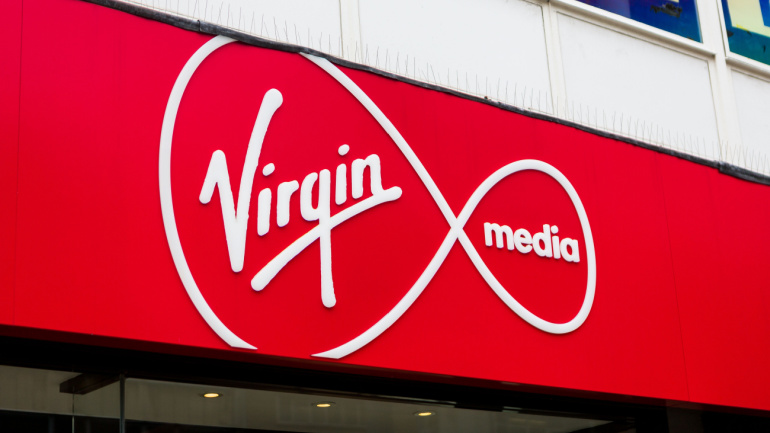In a realm shaped by technological leaps, communication is paramount. The clash between VoIP and traditional telephony unfolds a saga of innovation. Landlines tethered us, but VoIP liberated. Its cost-effectiveness, mobility, and rich features redefine connectivity. Traditional providers adapt, but VoIP’s journey continues, merging with AI, 5G, and virtual realms, pushing communication beyond limits.
In the dynamic realm of modern business, connectivity is no longer a luxury but a vital necessity. With 5G and VoIP technologies leading the charge, a profound revolution is underway in telecommunications. This article delves into the synergy between 5G’s lightning-fast connectivity and VoIP’s versatile communication, poised to redefine business interactions.
VMO2 reignited talks over a potential acquisition of TalkTalk’s consumer business this week, eyeing several million UK broadband subscribers. Yet, the negotiation’s early nature and TalkTalk’s sizable £1.1 billion debt make the situation complex.
Andrew Hollister, LogRhythm’s Chief Information Security Officer, highlights the ongoing struggle in cybersecurity: despite years of talk, the problem remains unsolved. Looking ahead to 2024, he points out challenges like the rise of generative AI and the need for better cloud security. He emphasizes that focusing on basics like strong passwords and regular updates is crucial for staying safe online.
In 2024, the telecom industry is witnessing a transformative shift driven by evolving customer needs, technological advancements, and environmental concerns. Key trends include the rise of self-service platforms, the migration to VoIP as PSTN becomes obsolete, standalone 5G networks taking center stage, AI integration for enhanced connectivity, and a strong commitment to sustainability. These trends are reshaping how telecom carriers operate and innovate, promising new opportunities in a rapidly changing landscape.
DTST successfully merges Flagship Solutions Group and CloudFirst. Senior Technology Analyst Anisha Bhatia underscores the game-changing impact of Samsung’s Galaxy S24 series. NTT DoCoMo utilizes AI to generate diverse NPCs in metaverses, extends genAI initiatives to predict and visualize changes in the human brain. South Korean President Yoon Suk-yeol unveils a $471 billion initiative by 2047 to establish the world’s largest semiconductor cluster.
In a strategic move to gain a foothold in India’s expanding telecommunications market, Elon Musk’s satellite communications constellation, Starlink, is reportedly considering a stake in Vodafone Idea (Vi). As of 2024, Starlink boasts a constellation of over 5,500 low Earth orbit (LEO) satellites, providing commercial services in more than 60 countries to approximately 1.5 million subscribers.
Disasters can disrupt businesses and organizations at any time. How can they prepare and ensure continuity of their essential functions? This article explores how VoIP, a flexible and reliable communication technology, can offer various advantages in disaster recovery and business continuity planning.
In a collaborative effort organized by the National Institute of Information and Communications Technology (NICT), major Japanese companies DoCoMo, NTT, Sky Perfect JSAT, and Space Compass are set to pioneer direct-to-device (D2D) services utilizing flying base stations.
Vodafone’s potential sale of its Italian operations to Fastweb amid TIM’s anticipated network sales sets the scene for a transforming Italian telecom landscape. Amid these changes, Fastweb’s potential merger or acquisition of Vodafone appears rational due to current market dynamics. Nonetheless, political wrangling, rival suitors, and ever-changing regulatory landscapes act as potential roadblocks to this merging of forces. The news underlines the need for strategic shifts amongst Italy’s leading telecom operators amidst significant changes.













